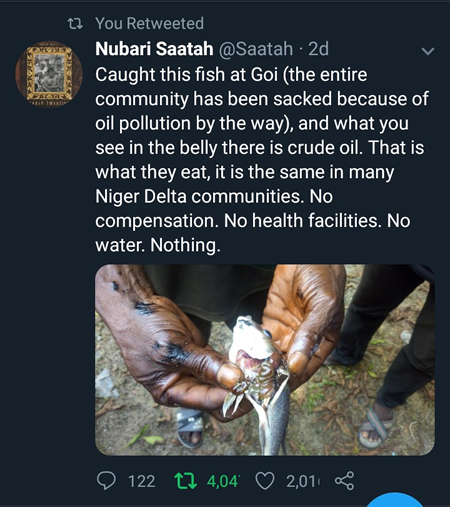COVID-19 AND CORRUPTION: WHAT MORE BENEFITS CAN OIL COMMUNITIES HOPE FOR?
With 40% of the population now in poverty, Nigeria’s purse would have been less burdened at this critical time of global economic downturn had the country utilized over $37.4bn paid to its entities by international oil companies between 2014 and 2018 efficiently to develop key infrastructure necessary for improved quality of life especially in oil communities in the Niger Delta. The agitation for accelerated development of Nigeria’s oil region is one that has lasted decades with very little intervention even from the special agency – Niger Delta Development Commission (NDDC) created to bridge the development gap in the region. NDDC itself has been a household of corruption and fraudulent contracting – a menace that caught the attention of President Muhammadu Buhari in 2019 forcing him to order a forensic audit of the Commission to unravel where trillions of naira of public funds allocated to the Commission since 2001 had gone into as it is clear from on the ground assessment that such humongous spending is not linked to development. Despite ongoing forensic audit exercise, NDDC continue to wallow in corrupt activities perpetrated by its managers and those leading its oversight institution – Federal Ministry of Niger Delta. The Office of the Auditor-General for the Federation in a public statement through its Director of Research and Strategy, Damian Nwikinaka said the Audit Office indeed raised queries on a payment by NDDC to Rodnab Construction Limited in respect of the contract awarded to it for the completion of the head office building of Niger Delta Development Commission (NDDC). On the NDDC headquarter building under Issue 43 in its report titled, ‘Irregularities in the contract for the completion of the Niger Delta Development Commission Headquarters Building, Port Harcourt, Rivers State – N16,222,492,843.76’, the OAuGF reported significant non-compliance with extant Procurement and financial regulations. It noted ‘Under Findings’ that “The contract was awarded to Messrs Rodnab Construction Limited through Ref. No NDDC/HQ/EDP/UIDW/RV/WAT/PR/17/083 at a contract sum of N16,222,492,843.76. From the documents made available to the team, there was no evidence of authorities and approvals like minutes of appropriate tender Board meeting to back up upward reviews of the contract. Also, there was no evidence of ratification/adoption of these actions by the NDDC board or other appropriate boards. Also observed and very important on the letter of award to Messrs Rodnab Construction Limited, reference was made to the NDDC management as the approving authority for these contracts. However, these approvals could not be produced for team verification. It added that “purported additional works with different values were added to the contract sum from time to time that finally jerked up the worth to N16,222,492,843.76. No priced Bill of Quantities (BOQ) was presented.” It was stated clearly that at the point Rodnab got the job from the NDDC, the headquarter building was about 65 percent complete and the Commission’s own valuers had estimated that the remaining job should cost no more than N6 billion. Yet it was given the job at N16.2 billion. That may explain why no Bills of Quantities were included in the contract award to Rodnab because the job is overpriced. The case stated above is one of many such fraudulent activities of an intervention agency like NDDC which continue to deprive the people of Niger Delta real benefits of resource extraction from their communities. For as long as these dubious contracts persist in clogging the wheel of development, the region and its people will remain with very little or no access to basic amenities such as water, schools, or hospitals. The current minister of Niger Delta Affairs – Chief Godswill Akpabio now accused of fraudulently paying N16.2bn to Rodnab Construction Limited had in 2019 said the Niger Delta Development Commission (NDDC) was being treated like an automated teller machine (ATM) with over 12,000 abandoned projects littered around the nine oil producing states. “We currently have about 12,000 abandoned projects across the nine states of the Niger Delta. If those things were completed, you can imagine that the area would have been turned into an Eldorado. There is no way NDDC road can last (for) even two years. I think people were treating the place as an ATM, where you just walk in there to go and pluck money and go away, I do not think they were looking at it as an interventionist agency. Even the idea of giving out a job to somebody who does not have the requisite skills is corruption on its own. The idea of bloating the contract is also corruption. Even collecting money and abandoning the site is also corruption”. The same man who said these words is now found at the very center of grand corruption rocking the Agency. Several powerful interests are also said to be working hard to scuttle ongoing forensic audit exercise in order to ensure previous corrupt activities remain covered up. Olusegun Elemo, Executive Director – Paradigm Leadership Support Initiative (PLSI) during an exploratory visit to the Niger Delta to assess development challenges in the region. On the other hand, the impact of the coronavirus pandemic is no doubt enormous and may have bitten more than what physical and fiscal results are currently indicating. The sharp fall in the price of crude may have not only resulted in losses for companies in the business of oil exploration in the Niger Delta region who have found it extremely difficult to store excess supply as the cost of renting oil supertanker has gone through the roof. The cost is said to have jumped from $20,000 per day to between $200,000-$300,000 per day, according to Rystad Energy. Communities where these explorations are taking place, are equally having their own share of this crisis with analysts expecting it to get even worse in the days ahead. The ongoing fiscal crisis has compelled the Nigerian government to cut down its initial budget of N10.59trn with revenue from sale of crude expected to drop by up to 50% while borrowings and cost for debt servicing are likely to increase. The Honorable minister of finance, Zainab Ahmed disclosed recently that “The reduction of the crude oil price from $57 per barrel to $30 means that we are going to get so much less revenue, almost 45 percent loss as we planned. And because of that, we have to amend a number of projections in the budget as well as in the MTEF to reflect our current reality. Zainab also mentioned during a virtual meeting with the National Economic Council that Nigeria’s economy could shrink as much as 8.9% in 2020 in a worst-case scenario without stimulus, contract by 4.4% in a best-case scenario, without any fiscal measures but with stimulus, the contraction could be kept to just 0.59%. The common fact from all the scenarios posited by the Finance Minister is that the economy will recess, and this recession will also have severe implication for oil producing communities in the Niger Delta. With all these economic challenges in view, it is important to begin considering what more benefits oil communities can expect from the new spending plan of government particularly with capital expenditure sliding by additional 20%. Olusegun Elemo Twitter: @olusegunelemo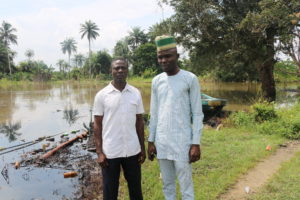
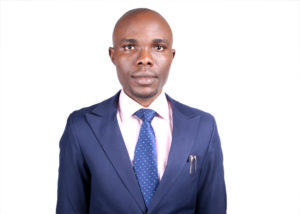


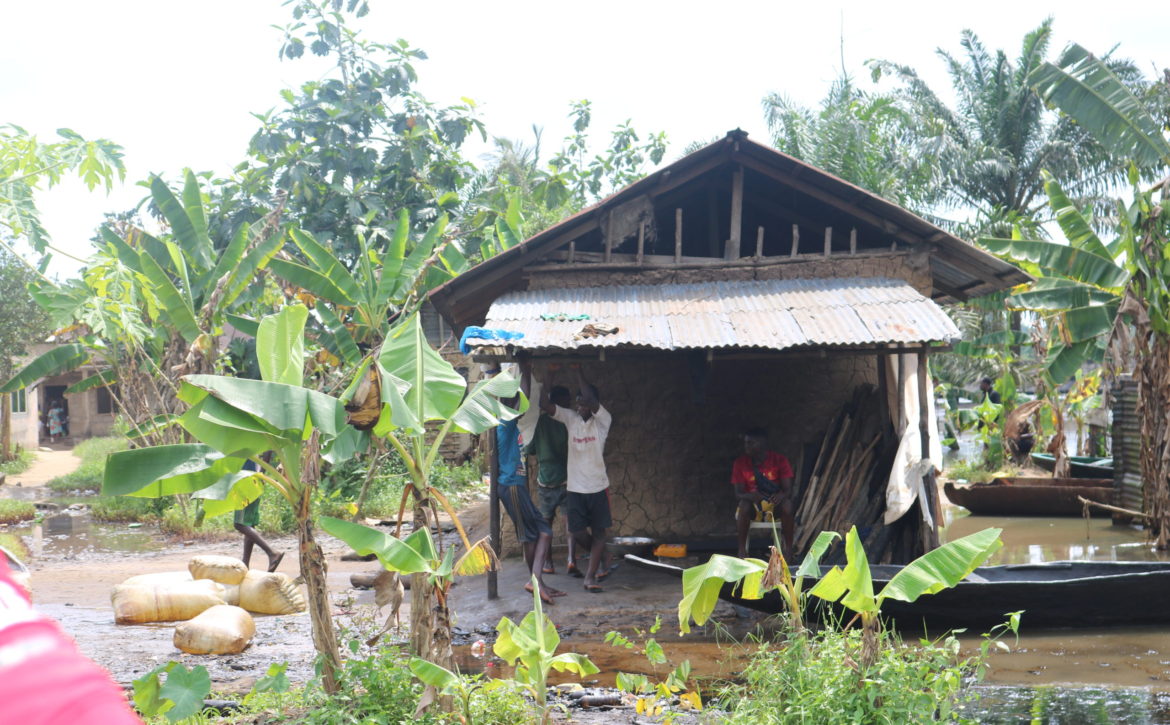
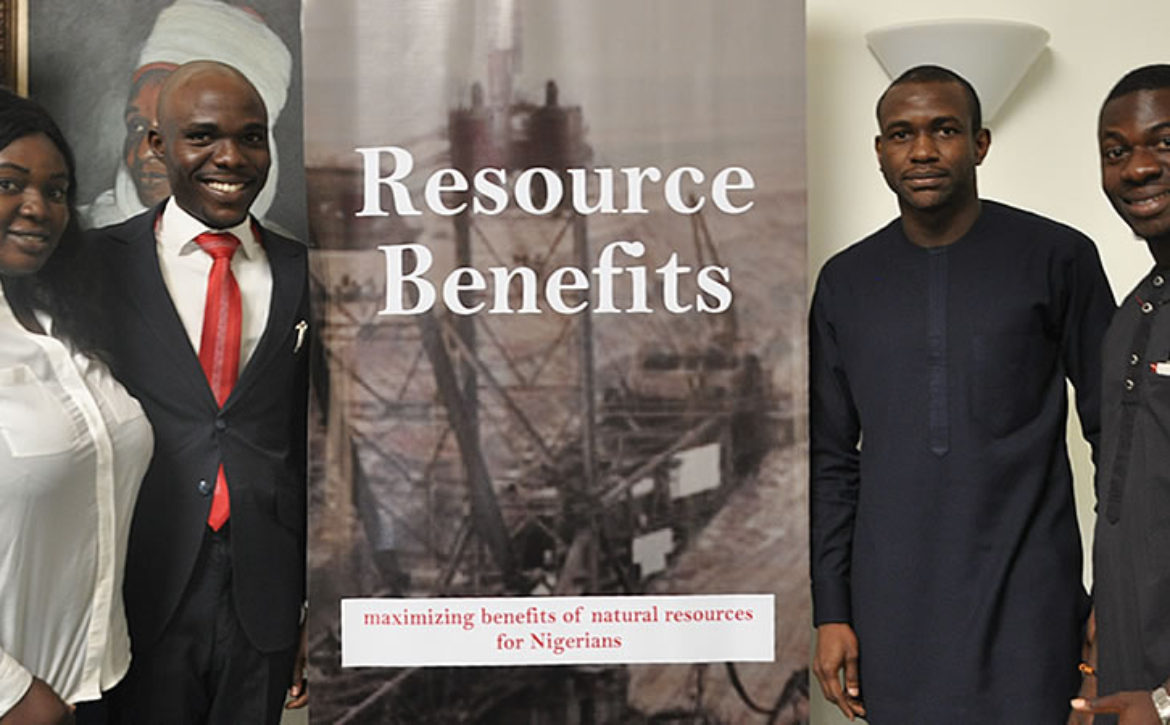
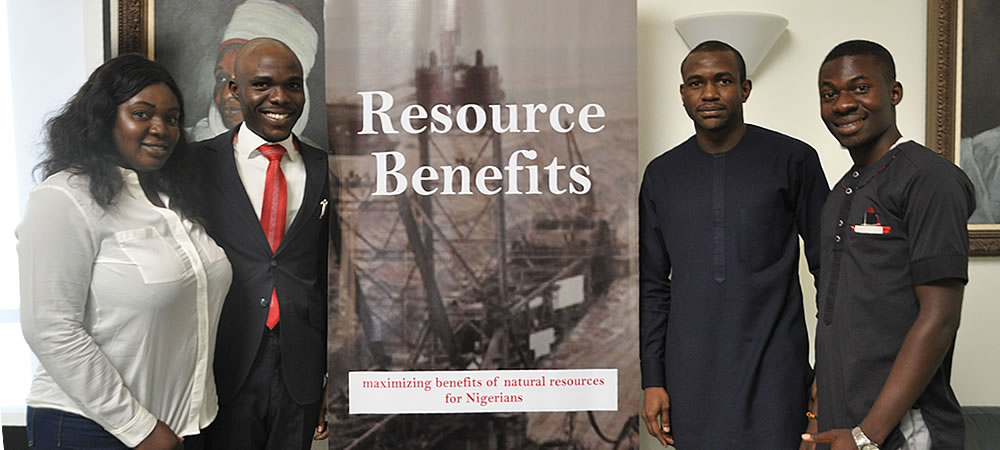 Niger Delta which consists of Abia, Akwa Ibom, Bayelsa, Cross River, Delta, Edo, Imo, Ondo and Rivers States occupy about 70,000sq. kilometers and contains several distinct ecological zones, coastal ridge barriers, mangrove swamps, fresh water swamps, forests, and lowland rain forest. Although the region holds majority of Nigeria’s oil and gas deposit which accounts for more than 90% of government revenues, it is paradoxical to see in the region this current level of poverty, due largely to the ecologically unfriendly exploitation of oil and state policies that expropriate the indigenous peoples of the Niger Delta of their rights to these natural resources.
Niger Delta which consists of Abia, Akwa Ibom, Bayelsa, Cross River, Delta, Edo, Imo, Ondo and Rivers States occupy about 70,000sq. kilometers and contains several distinct ecological zones, coastal ridge barriers, mangrove swamps, fresh water swamps, forests, and lowland rain forest. Although the region holds majority of Nigeria’s oil and gas deposit which accounts for more than 90% of government revenues, it is paradoxical to see in the region this current level of poverty, due largely to the ecologically unfriendly exploitation of oil and state policies that expropriate the indigenous peoples of the Niger Delta of their rights to these natural resources.